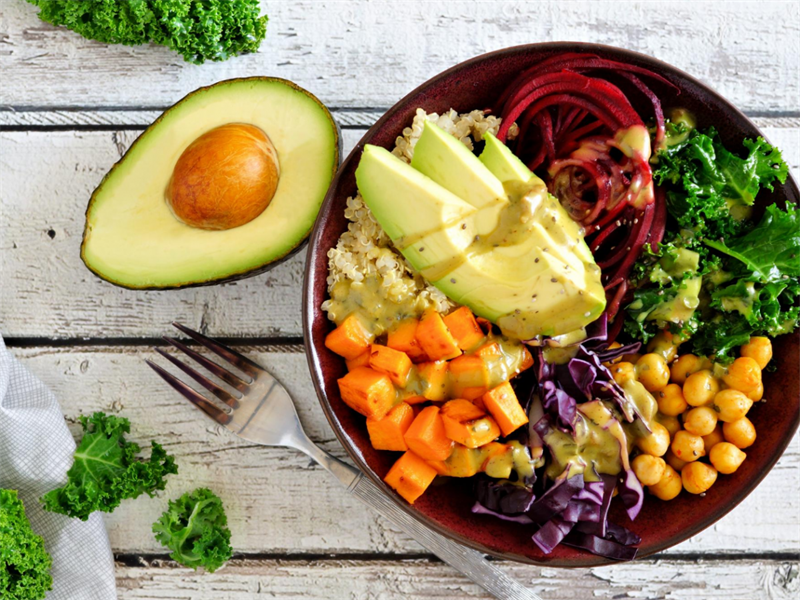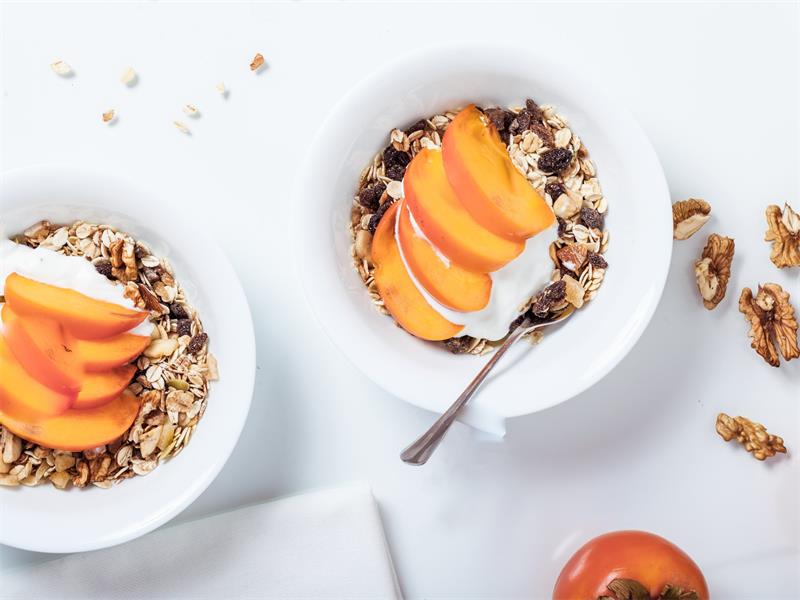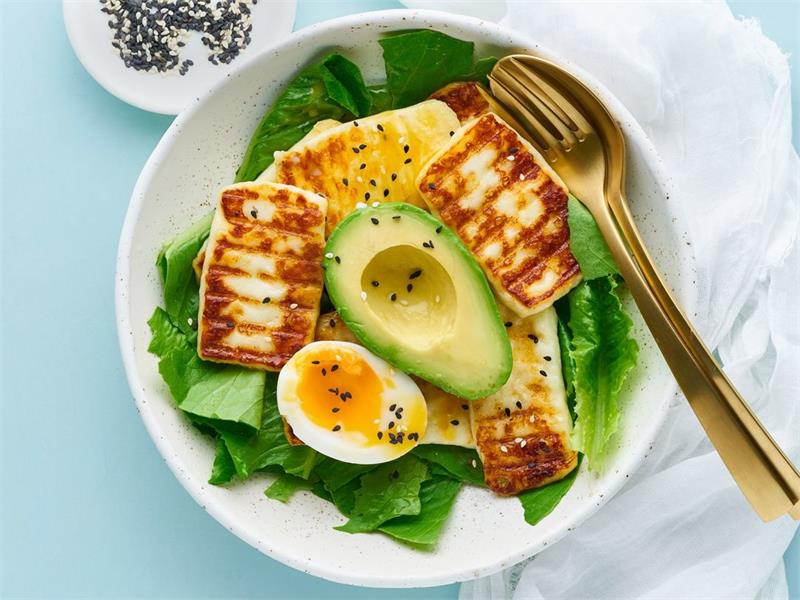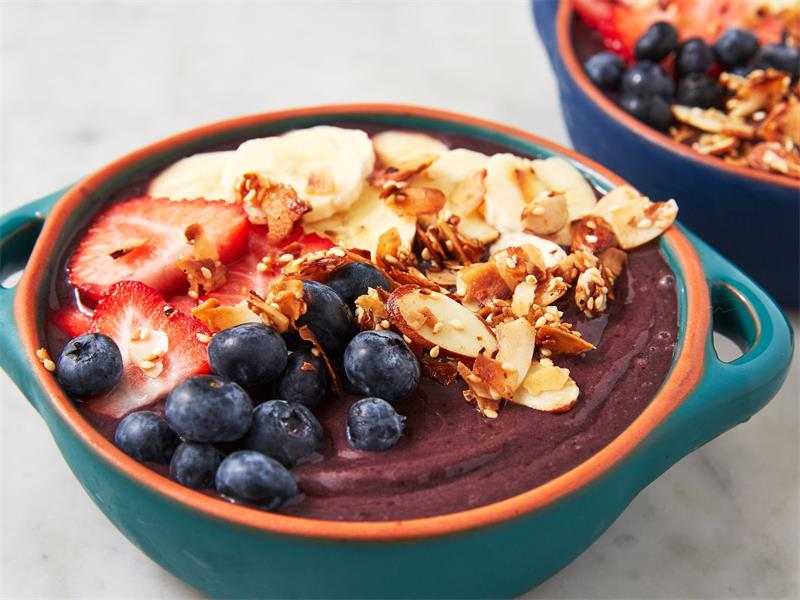Contents
The Importance of Choosing the Right Oil for Cooking and Salad Dressings
When it comes to cooking and preparing meals, choosing the right oil can make all the difference. Not only can the wrong oil impact the taste and texture of your dish, but it can also have negative effects on your overall health. That’s why it’s important to understand which oils are best suited for different types of cooking and salad dressings.
Cooking oils are essential components in our diets, providing us with healthy fats that help our bodies function properly. However, not all oils are created equal.
Some oils have higher smoke points than others, meaning they can withstand higher temperatures before reaching their smoke point – which is when they start to break down and release harmful compounds into the air. Using an oil with a low smoke point for high-heat cooking methods such as frying or grilling can be dangerous and potentially lead to toxic fumes.
In addition to smoke point, it’s important to consider an oil’s nutritional profile when selecting one for both cooking and salad dressings. Certain oils contain healthy monounsaturated or polyunsaturated fats that can reduce inflammation in the body while others contain large amounts of saturated or trans fats that have been linked to cardiovascular disease.
A Brief Overview of The Best and Worst Oils
The best oils for cooking include avocado oil, coconut oil, and olive oil. Avocado oil has a high smoke point making it ideal for high-heat cooking methods like stir-frying or searing – plus its neutral flavor won’t overpower your dishes.
Coconut oil adds a subtle flavor to dishes without overpowering them – just be sure to use virgin coconut oil as refined versions often contain unhealthy additives. Olive oil has a low-medium smoke point making it perfect for sautéing vegetables or baking at lower temperatures plus its heart-healthy monounsaturated fats make it a great option for overall health.
On the other hand, the worst oils for cooking include vegetable oil, canola oil, and margarine. Vegetable oil is high in omega-6 fatty acids which can cause inflammation in excess – plus it often contains unhealthy additives.
Canola oil is highly processed and often genetically modified with erucic acid levels that are harmful in large amounts. Margarine is high in trans fats which have been linked to heart disease – so steer clear of this one altogether.
When it comes to salad dressings, the best oils include extra virgin olive oil, flaxseed oil, and walnut oil. These oils offer a rich flavor that enhances your salads while providing healthy monounsaturated or polyunsaturated fats that are beneficial to your overall health – just be sure to use them in moderation because too much of any oil can add up calorically.
Knowing which oils are best for cooking and salad dressings can make all the difference when preparing healthy and delicious meals. Whether you’re sautéing veggies or whipping up a homemade vinaigrette – be sure to choose an oil that will enhance both your dish’s flavor and nutritional value!
The Best Oils for Cooking
Avocado oil: High Smoke Point, Neutral Flavor, Healthy Monounsaturated Fats
When it comes to cooking, avocado oil is a jack of all trades. With a high smoke point of approximately 520°F, it can be used for almost any type of cooking method, from sautéing to roasting. It is also known for its neutral flavor profile which makes it perfect for any dish and cuisine.
This means that you can use it in any recipe without worrying about the oil overpowering the other flavors. Aside from its versatility in cooking, avocado oil is also loaded with healthy monounsaturated fats which are essential for our overall health.
These healthy fats help in reducing inflammation and improving heart health. In fact, studies show that using avocado oil regularly can significantly decrease bad cholesterol levels.
Coconut Oil: Medium Smoke Point, Adds Flavor to Dishes, Contains Lauric Acid
Coconut oil has been praised as a superfood due to its various health benefits. When it comes to cooking, coconut oil is best used in recipes that require medium-heat as it has a smoke point of around 350°F.
Its distinct flavor profile adds an exotic touch to dishes such as curry or stir-fry. One unique component found in coconut oil is lauric acid which has been linked with several health benefits including boosting brain function and fighting against harmful bacteria and viruses.
Olive Oil: Low to Medium Smoke Point, Heart-Healthy Monounsaturated Fats, Antioxidants
Olive oil is one of the most commonly used oils when it comes to cooking and with good reason! It has a low to medium smoke point (between 320°F-460°F depending on the grade) making it suitable for most types of cooking methods including sautéing, roasting, and even frying.
Olive oil is also packed with heart-healthy monounsaturated fats which can improve cholesterol levels and protect against heart disease. The unique combination of antioxidants such as polyphenols and vitamin E found in olive oil also makes it an excellent choice for promoting overall health.
When it comes to choosing the best oils for cooking, avocado oil, coconut oil, and olive oil are all great options that offer different benefits and are versatile in their uses. Incorporating these oils into your cooking routine can be a simple yet effective step towards improving your overall health.
The Worst Oils for Cooking
Vegetable oil: When Healthy Oils Become Unhealthy
Vegetable oil is a popular choice for cooking due to its low cost and neutral flavor. However, this oil is high in omega-6 fatty acids which can cause inflammation in excess.
Inflammation is a natural response to injury or infection, but chronic inflammation caused by an unbalanced intake of omega-6 and omega-3 fatty acids has been linked to several health issues such as heart disease, arthritis, and even cancer. To avoid an excessive intake of omega-6s, it’s important to know the ratio of these fatty acids in our diet.
The optimal ratio is 1:1, but most people consume a ratio closer to 20:1 due to the high amounts of omega-6s found in processed foods and vegetable oils. To avoid this imbalance, it’s best to limit your use of vegetable oils and opt for healthier alternatives like avocado or olive oil.
Canola Oil: A Highly Processed Oil with Potential Health Risks
Canola oil is often marketed as a healthy alternative to other cooking oils due to its low saturated fat content. However, this oil is highly processed and often genetically modified which raises concerns about its potential health risks.
Canola oil also contains erucic acid which can be harmful in large amounts. Erucic acid has been linked to heart damage in animal studies but the effects on humans are unclear.
The processing methods used in producing canola oil aim at reducing the levels of erucic acid, but there may still be some residual amounts left in the final product. Due to these concerns, it’s best to use other cooking oils with more proven health benefits like coconut or olive oil.
Margarine: The Trans Fat Trap
Margarine is a common substitute for butter, especially among health-conscious consumers seeking to lower their saturated fat intake. However, margarine is high in trans fats which are linked to heart disease and other health issues.
Trans fats are created during the hydrogenation process used to turn vegetable oils into solid fats. The consumption of trans fats has been linked to higher levels of LDL or “bad” cholesterol and lower levels of HDL or “good” cholesterol.
These effects increase the risk of heart disease, stroke, and other health problems. To avoid these risks, it’s best to limit your intake of margarine and other processed foods containing trans fats.
Opt for healthier alternatives like grass-fed butter or ghee instead. It’s important to choose the right oil when cooking and making salad dressings.
While some oils offer numerous health benefits, others can be harmful if used excessively or improperly. By understanding the properties and potential risks associated with each oil, you can make informed choices that support your overall health and well-being.
The Best Oils for Salad Dressings
Extra Virgin Olive Oil: The Classic Choice
When it comes to salad dressings, extra virgin olive oil is a classic choice. Known for its rich flavor and heart-healthy monounsaturated fats, it’s a great option for those looking to add depth to their dressings without sacrificing health benefits. In addition, extra virgin olive oil contains antioxidants that have been shown to protect against disease.
When selecting an extra virgin olive oil for your salad dressing, look for one that is cold-pressed and unrefined. This ensures that it retains the maximum amount of flavor and nutrients.
And don’t be afraid to try different varieties! Different regions produce different flavors, so experiment until you find the one that best suits your taste buds.
Flaxseed Oil: A Nutty Alternative
If you’re looking for a slightly nutty flavor in your salad dressing, consider using flaxseed oil. Not only does it offer a unique taste profile, but it’s also high in omega-3 fatty acids which are beneficial for heart health and brain function. In fact, some studies have even suggested that consuming flaxseed oil may reduce the risk of certain cancers!
It’s important to note that flaxseed oil should not be used as a cooking oil due to its low smoke point. However, when used as part of a salad dressing recipe or drizzled over roasted vegetables, it can really elevate the dish.
Walnut Oil: The Rich Nutty Flavor
For those who want an even richer nutty flavor than flaxseed oil provides, walnut oil is an excellent option. It has a deep amber color and has been described as having an almost buttery texture. In addition to being flavorful, walnut oil is also rich in omega-3 fatty acids which help to reduce inflammation and promote heart health.
When using walnut oil in a salad dressing, it’s best to pair it with lighter greens like spinach or mixed greens. Its rich flavor can be overpowering when paired with stronger-flavored greens like arugula or kale.
Conclusion
Choosing the right oil for your salad dressings is just as important as choosing the right oil for cooking. Extra virgin olive oil, flaxseed oil, and walnut oil are all great options that provide unique flavors and health benefits.
Don’t be afraid to experiment with different oils and flavor combinations until you find the one that best suits your taste buds! By making small changes like switching up your salad dressing, you can make a big impact on your overall health and well-being.











